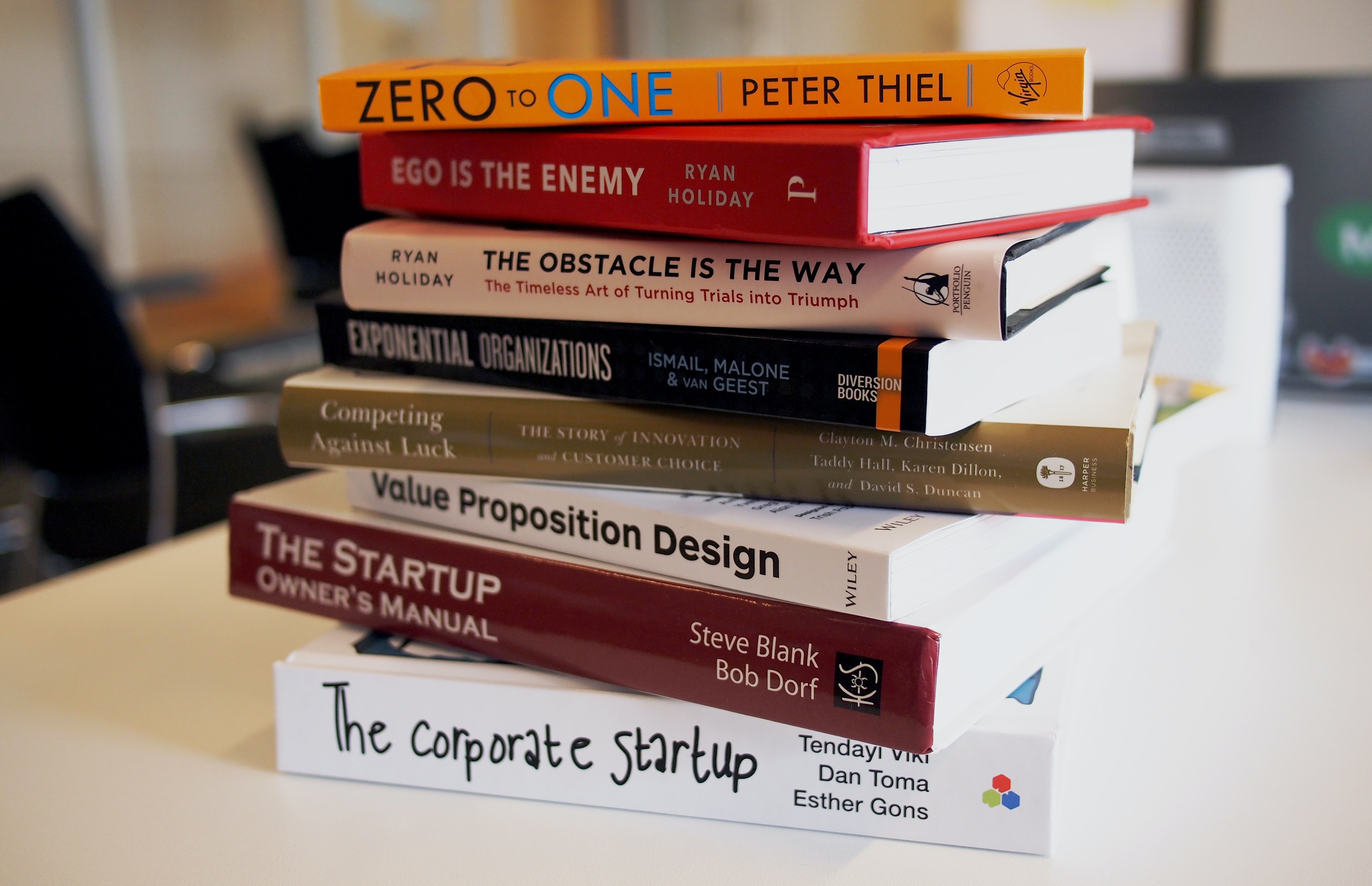
Simon Jenner
Tuesday 25 August 2020

What is a value proposition and why should you bother creating one?
Posted in:
Startups
Value propositions can seem like a load of empty words to many entrepreneurs. "Leave it to the marketing team to get people to buy our product or services," they tell themselves.
However, a marketing team is limited by the foundations that you, as an entrepreneur, set.
A solid value proposition sets you apart from your competitors, and it allows your business to sell itself.
What is a value proposition?
There are countless definitions of a value proposition online, but it must address three points at its core:
The benefits of your business
Who your business benefits
Why your business is better than competitors
Having a stable value proposition will be necessary to investors, marketing teams will be able to sell your products or services effectively, and you will create a lasting impression with clients and consumers.
Without a solid selling point, your business will be left to sell itself based on its competitive price point.
Value Proposition: Don't Fight Your Competitors
For example, let's think about cars. The Kia Sportage and the Hyundai Tucson are South Korean-made compact SUVs sold in the United Kingdom.
They both have reputations of being built to withstand a lot of mileage, are eco-friendly, spacious, and safe. In recent years, they have upped the game with more sophisticated features but remain incredibly budget-friendly compared to the Mercedes G-Class or BMW X1.
So how do people decide which car to buy?
Kia intentionally creates a sportier look of the car and markets itself as a sports style car to a younger audience.
At the same time, Hyundai tailors to an older generation with a more mature family style car. Their value proposition focuses directly on what value the car offers, who the car provides the value, and why you, dependent on the group you're in, should choose their cars over the other options available.
Airbnb vs. Hotels: an experience defined by a value proposition
Another example is Airbnb, compared to classic hotels.
Airbnb clearly explains the value of choosing them over the hotels in the area you are traveling. If you want a spacious flat for a group of friends on holiday, Airbnb offers it. If you want to stay with a local who can give you a more authentic experience while travelling, you can find it through Airbnb. If you're looking for a fully-furnished place to stay while traveling or working in a different city for an extended period, Airbnb allows you not to get stuck in a one-room hotel.
Airbnb clearly defines who they offer value to, how they provide value, and why you should choose their value over other options.
Because of this, they rarely have to sell themselves against hotels. They rarely even need to exert a significant marketing presence to compete against hotels. Instead, people know what experience they want, and they will justify the price because they value the experience.
For more examples of value propositions for tech companies, you can read through Wordstream's blog.
How do you define your value proposition?
Now that you understand how vital a value proposition is and probably refuse to compete based on price from the rest of your life, we bet you're ready to nail your value proposition down.
Step 1: Know your audience.
As we discussed in the example with Kia and Hyundai, they know their audience. Since they know their audience, they can cater the cars' designs and aesthetics to their audience's wants. They can also tailor the message of value to the age, gender, income bracket, education level, hobbies, interests, and so much more. Learn everything you can about your audience, even the smallest of details become incredibly useful in how you communicate with them.
Step 2: Draft your value proposition.
Your value proposition is not your tagline. "Just do it" is an excellent tagline for Nike whose brand name sells itself against its competitors. However, for a new company that is making its mark, you will need to develop out the three points mentioned above.
What is the value of your business?
Who gains value from your business?
Why should they value your business over your competitors?
Step 3: Confirm your claims of value
We've all seen the movie Elf when Buddy runs into the New York diner, and he congratulates them for the claim of having the world's best cup of coffee, and we all laughed at the ridiculousness of this diner having the best coffee in the world.
Your value proposition need not be outlandish. Make sure the value you're claiming is credible and long-lasting. While you're writing your value proposition, you won't have a working MVP, you can test and gather feedback, but you can work in the limitations of your hypothesis.
Step 4: Refine your hypothesis.
Once you have an MVP, your value proposition might go entirely out the window. It might not offer any value or solve anything. It also might offer a completely different value to a wholly different audience. However, it is important not to pigeon hole yourself into your value proposition but to let it evolve as your business and MVP develops.
Step 5: Join our Bootcamp
Refining your value proposition is something we discuss in week 2 of our 16-week no-code founder Bootcamp.
Sometimes it's essential to take a step back and have other people review your value proposition. This is precisely what we do in our Bootcamp. With experienced Bubble Founders and mentors to help guide you through business case validation through no-code lessons to build your MVP, you will be prepared to take on investors in just 16 weeks.
If you're interested in working with us just on your value proposition, then we also offer a pay as you go option.
Ready to launch your startup idea with an MVP?
Download our step by step guide for non-technical founders to create a startup Minimum Viable Product (MVP)
Get the eBook

